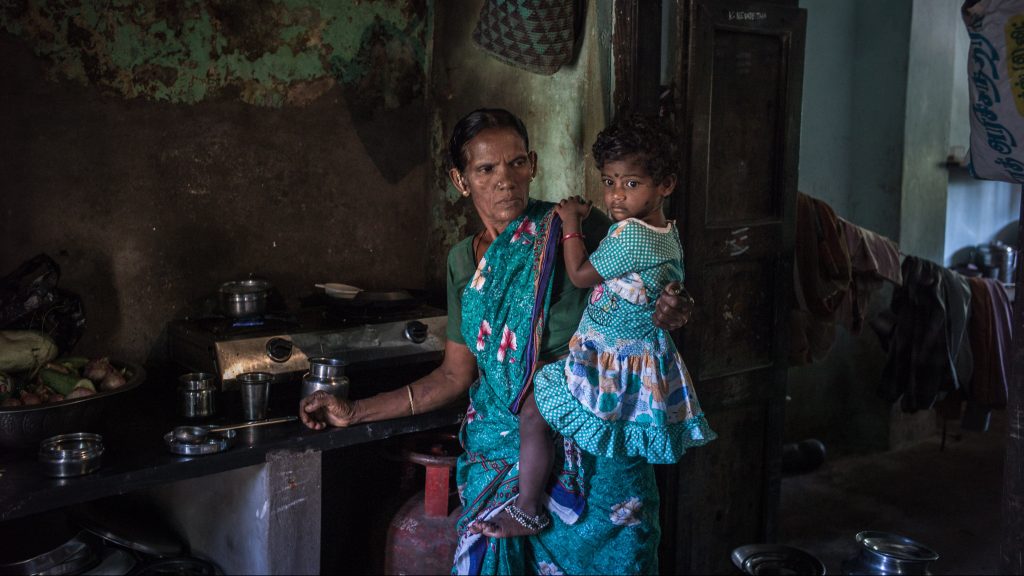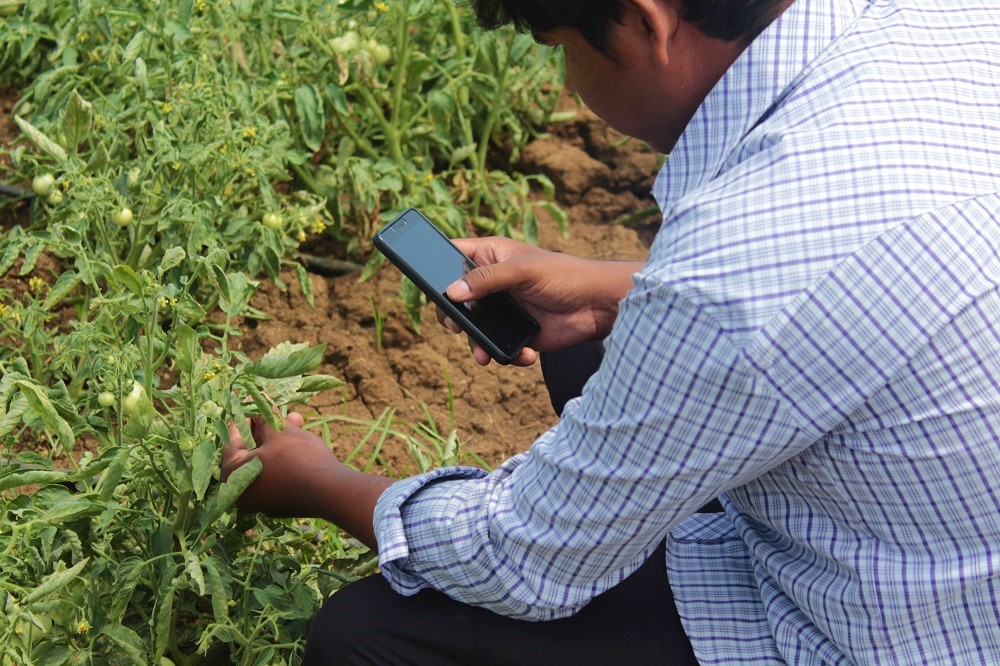Fostering knowledge and confidence to feed more
Globally, an estimated 815 million people go hungry each day. Without access to healthy food, they are chronically undernourished. Meanwhile, in spite of advances in agricultural technology, approximately 40% of the food grown annually in rural communities is lost to pests and diseases. People living with persistent hunger need and deserve a sustainable solution based…
From satellites to stem borers: using earth observation to forecast pest outbreaks
Globally, over 500 million smallholder farmers provide food for two thirds of the world’s population. With 40% of crops lost annually to pests, achieving zero hunger by 2030 depends on increasing the productivity of these smallholders. We already have weather forecasts, pollen forecasts and UV forecasts, but what if farmers had access to pest forecasts?
CABI signs MoU with Agricultural Department Gilgit Baltistan to launch Plantwise programme
CABI has signed a Memorandum of Understanding (MoU) with Agriculture Department Gilgit Baltistan in Pakistan to launch the Plantwise programme in order to provide research-based advisory services to farmers. The agreement, which will deliver Plantwise plant clinic services, was signed by Dr Babar Bajwa, Regional Director – CABI Central and West Asia, and Mr Sajjad Haider…
Students learn Integrated Pest Management techniques in Beijing
CABI has held a five-day course on Integrated Pest Management (IPM) to train post graduate students and young researchers on a range of pest management techniques including how to keep pests, diseases and weeds below levels that cause economic damage.
Una agropecuaria comprometida con la comunidad
La mayoría de los agricultores del municipio de San Lucas, región de Chuquisaca, Bolivia, son pequeños propietarios con áreas de hasta 2 ha por familia. El durazno tiene un papel central en la generación de ingresos. Durante el 2015, el gobierno municipal de San Lucas hizo un primer intento de abrir clínicas de plantas para…
CABI joins Koppert to reduce the reliance on chemical use in pest management in Kenya
CABI has initiated activities with Koppert Biological Systems to increase the fight against crop pests and diseases which threaten the food security and livelihoods of thousands of farmers and their families in Kenya. CABI has signed a collaboration agreement with Koppert to deliver more Plantwise plant doctor training in Kenya, with funding from the Koppert Foundation. This includes plans to…
How does communication and its technical content shape farmer responses to plant clinic advice?
A recent study led by CABI and published in International Journal of Agricultural Sustainability, explores how communication and its technical content shape farmers’ response to advice delivered at plant clinics. How willing were farmers to accept or reject the technologies recommended at plant clinic consultations? And what were the reasons? The research was carried out…
Plantwise trials image recognition app Plantix in India
Plantwise and the German-based company PEAT (Progressive Environmental & Agricultural Technologies) are about to conduct an 18-month pilot study to assess the benefits of PEAT’s smartphone app Plantix, which can help to diagnose plant pests, diseases and nutrient deficiencies in the field.
Why intersectionality is key to women’s empowerment in agriculture
Women play a critical and potentially transformative role in agricultural growth in developing countries, but they face persistent obstacles and economic contraints which limit their full inclusion in agriculture. The FAO suggest that closing the gender gap in access to productive resources could increase agricultural output in the developing world by 2.5-4%, reducing the number…
Sri Lanka launches Skype service to further strengthen advisory support in plant clinics
Plant clinics in Sri Lanka, known as the Permanent Crop Clinic Programme, continue to grow and modernize throughout the country. After successfully rolling out e-plant clinics in several provinces in Sri Lanka, the younger generation of agricultural extension workers is now feeling just as confident in solving crop health issues as their senior colleagues did…







